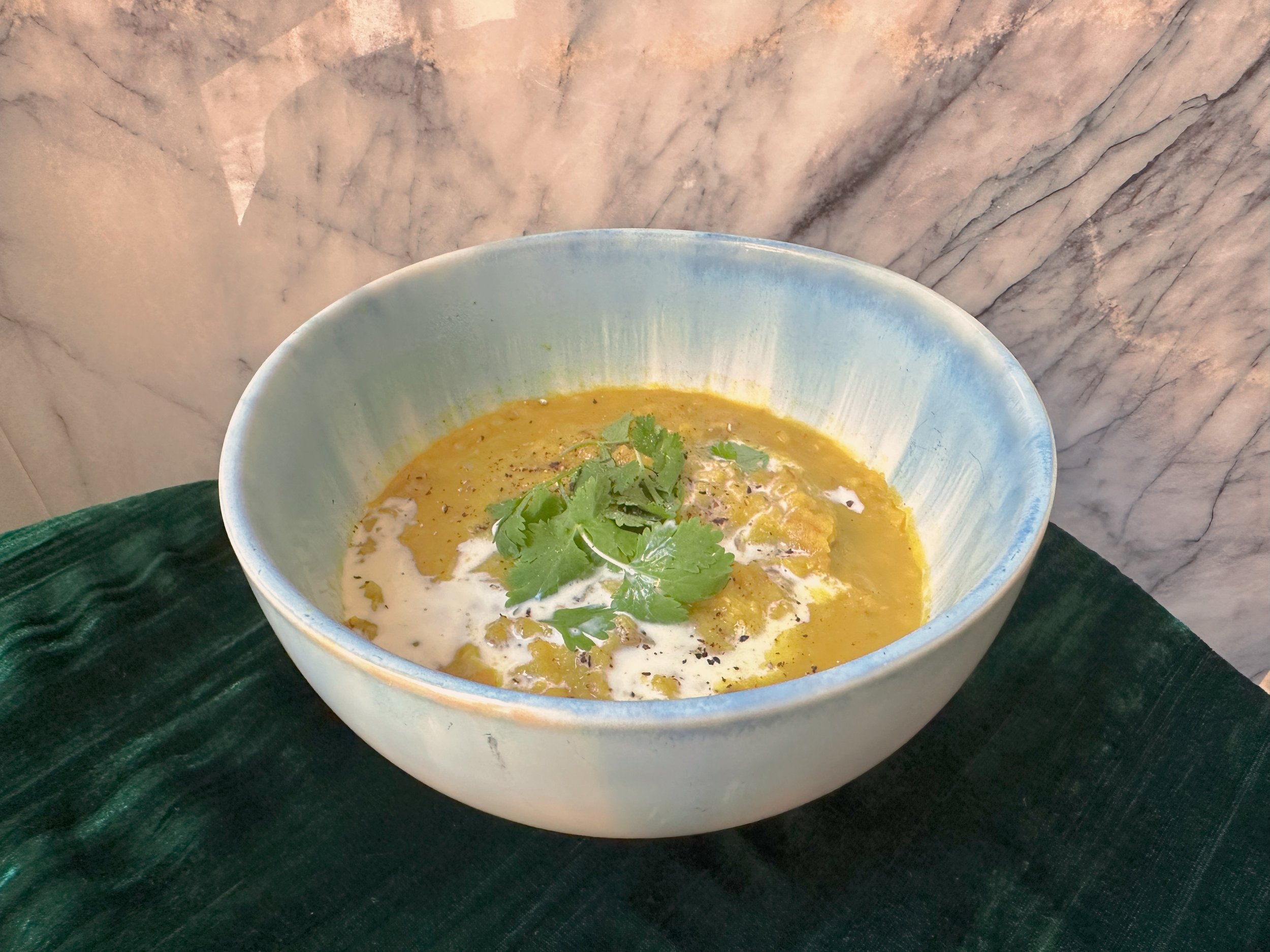Healing Constipation in Children + Bliss Ball recipe
/Constipation is quite common in children. Up to 28% of children experience constipation at some stage.
If the staining and difficulty with passing bowel movements continues past two weeks and causes considerable stress to the child please seek help from a medical professional.
In the meantime try these simple remedies to see if you can get things moving along.
Bulk laxatives are ideal for treating childhood constipation. Linseeds, slippery elm, psyllium and chia seeds attract and hold onto water, moistening and adding bulk to the stool for easy elimination.
Linseeds and slippery elm are gentler and are better suited for younger children
Slippery Elm dosages
Slippery elm is to be stirred into water or you can use juice to make the remedy more appetising for the child
In children
infants: 1/4 tsp in breastmilk or formula up to three times per day
10 - 20kg 1/2 tsp three times per day with meals
20 - 40kg 3/4 tsp three times per day with meals
40 kg + 1 tsp three times per day with meals
Psyllium is more abrasive and not recommend for smaller children. in older children it an be dosed similarly to slippery elm above.
Chia or flaxseed can be added sprinkled on breakfast cereal, stirred into yoghurt or added to smoothies.
Prunes and Figs are wonderful natural laxatives. Be sure to include them in the diet.
Eat: lots of high fibre food such as fresh fruits, raw green leafy vegetables, whole grain oatmeal and brown rice. Asparagus, mussels sprouts, cabbage, carrots, garlic, kale, okra, peas sweet potatoes and whole grains.
Include foods that contain high levels of soluble fibre such as adzuki beans, barley, dried beans, oats, and some fruits especially apples, apricots, bananas, blackberries, blueberries, cranberries, figs.
Eat Insoluble fibre: Fruit and vegetable peel is a excellent source of insoluble fibre as are grapes,peaches and prunes. Other insoluble fibre foods include cereals, seeds, wheatbran, and wholegrains.
Drink more water: Children ages 1- 3 need 1.3 litres - about 5 glasses of water a day. Older children should be drinking more.
Consume foods high in pectin: apples, carrots, beets, bananas, cabbage, citrus fruits, dried peas.
Minimise soft drinks,meat, white flour, highly processed foods, salt and sugar These things typically have little fibre and stagnate. + Nutritional healing Phyllis A Balch
Lets Get Moving Bliss Balls.
There is no easy or appealing way to use the words ‘constipation’ or ‘balls’ in the same sentence. However these energy snacks are intended to appeal to your child and help their bowel motions along. They also packed with minerals have some extra goodness for brain health with the hemp and walnuts.
Of course they work for adults too.
To make a nut free version swap out the walnuts for pepitas or more sunflower seeds and swap out the almonds for another 1/2 cup of hemp seeds.
INGREDIENTS
1 cup walnuts, chopped
2/3 cup sunflower seeds, chopped
1/2 cup almonds, chopped
1/2 cup hemp seeds
1/2 cup porridge oats
2/3 cup chopped dried apricots or try other dried fruit*
2/3 cup of figs
1/3 cup dates
2/3 cup chopped pitted prunes
2 tablespoons chia seeds
2 tablespoons cacao powder
1 teaspoon ground cinnamon
2 tablespoons honey
1 cup (90g) desiccated coconut for rolling the balls at the end
Add all ingredients except the coconut to a food processor and process until there are no large pieces and the mixture is sticking together nicely.
Scoop the mixture out with a teaspoon and roll into balls. Coat in the desiccated coconut by tipping the coconut onto a plate and rolling the balls in it.
these should ideally be consumed with a big glass of water.
*Ideally you would use sulphite free/and organic dried fruit with no added vegetable oils. The sulphites are a preservative also found in wine. They stop the dried fruit from going brown. Dark raisins or prunes don’t usually have sulphites, nor do dates. Sulphites commonly irritate little bellies. The vegetable oils are added to stop the fruit from sticking together, however they can become rancid and are an unnecessary and inflammatory addition to your child’s diet. Check your local health food store to see what’s available.
If the best you can do is the regular supermarket variety of dried fruit, and your child doesn’t seem to react to dried fruit usually then please go ahead with what you have available.


























For the sake of better health, I want you to think seriously and honestly about what habits are impacting negatively on your health and what can you can do to avoid those triggers.